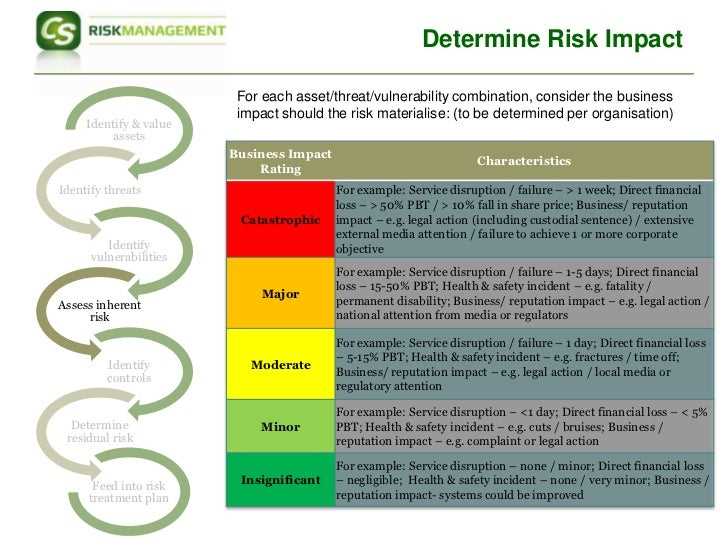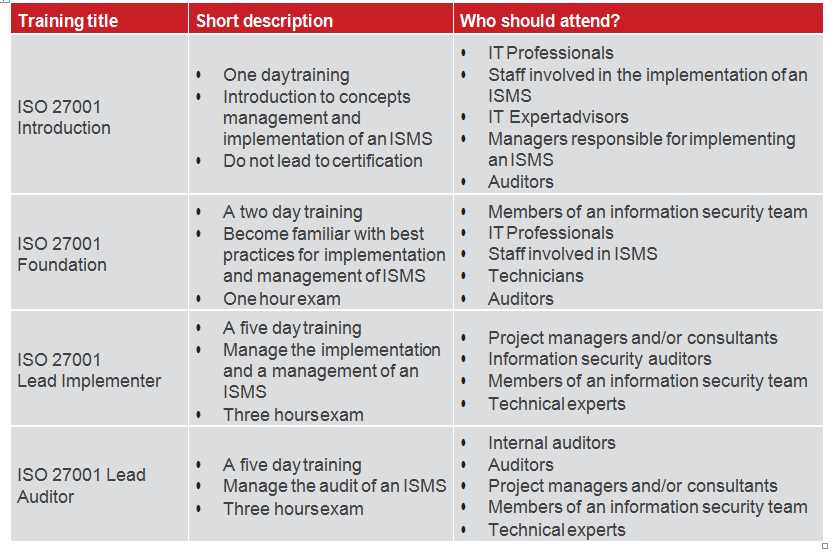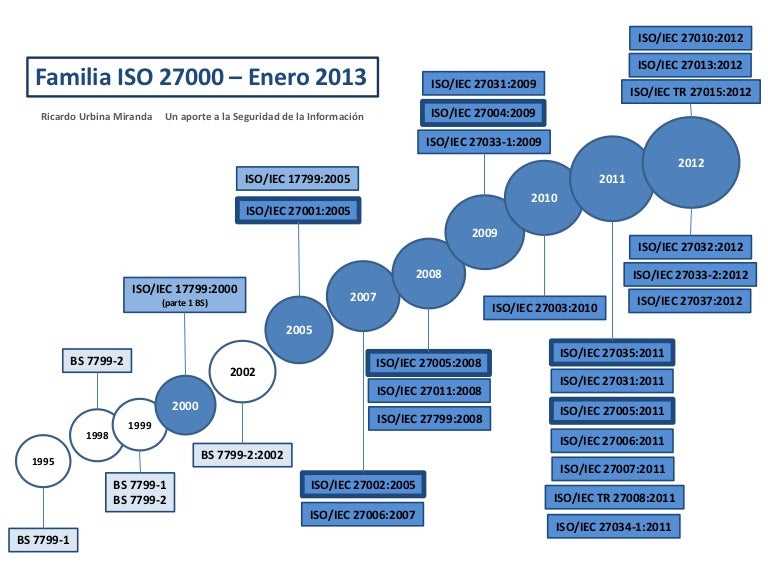
Are you preparing for the ISO 27001 exam? If so, you know how important it is to have a strong grasp of the key concepts and requirements of this international standard for information security management systems. To help you in your preparation, we have compiled a list of common exam questions and their answers.
One of the first things you should know is the purpose of ISO 27001. This standard provides organizations with a framework for establishing, implementing, maintaining, and continually improving an information security management system. It helps organizations identify, assess, and manage their information security risks, ensuring the confidentiality, integrity, and availability of information.
When it comes to the exam, you can expect questions that cover a wide range of topics, from the fundamentals of information security management to risk assessment, control implementation, and monitoring and measurement. Understanding the principles of ISO 27001, such as the Plan-Do-Check-Act cycle, risk management, and the importance of leadership and commitment, will be crucial to your success.
ISO 27001 Exam Questions and Answers
ISO 27001 is an international standard that provides a framework for establishing, implementing, maintaining, and continually improving an information security management system (ISMS). To become certified in ISO 27001, individuals must pass an exam that tests their knowledge of the standard and its requirements. Here are some common exam questions and their answers:
1. What is the purpose of ISO 27001?
The purpose of ISO 27001 is to provide a systematic approach for identifying, assessing, and managing information security risks within an organization. It aims to ensure the confidentiality, integrity, and availability of information assets and protect them from unauthorized access, disclosure, alteration, destruction, and disruption.
2. What are the key requirements of ISO 27001?
ISO 27001 requires organizations to establish an information security management system (ISMS) based on a risk management approach. The key requirements include defining the scope of the ISMS, conducting a risk assessment, implementing controls to mitigate identified risks, performing management reviews, and continuously monitoring and improving the ISMS.
3. What is the relationship between ISO 27001 and ISO 27002?
ISO 27001 provides the requirements for establishing an ISMS, while ISO 27002 provides guidance on implementing the controls required by ISO 27001. ISO 27002 includes a comprehensive set of best practices and controls categorized into 14 domains, such as information security policies, organization of information security, asset management, and incident management.
4. What is the certification process for ISO 27001?
The certification process for ISO 27001 involves several steps. First, the organization develops and implements an ISMS based on the requirements of the standard. Then, an independent certification body conducts an audit to assess the organization’s compliance with ISO 27001. If the organization meets the requirements, it is awarded an ISO 27001 certification, which is valid for three years. Regular surveillance audits are conducted to ensure ongoing compliance.
5. What are the benefits of ISO 27001 certification?
ISO 27001 certification offers several benefits to organizations. It helps build trust and confidence with stakeholders, clients, and partners by demonstrating a commitment to information security. It also helps organizations comply with legal, regulatory, and contractual requirements related to information security. Furthermore, ISO 27001 certification can enhance the organization’s reputation, improve its ability to win new business, and provide a competitive advantage in the market.
These are just a few examples of the types of questions you may encounter on an ISO 27001 exam. It is essential to thoroughly understand the standard, its requirements, and the implementation of an ISMS to successfully pass the exam and obtain certification.
What is ISO 27001?

ISO 27001 is an international standard that provides a framework for establishing, implementing, maintaining, and continually improving an information security management system (ISMS). The purpose of ISO 27001 is to help organizations protect the confidentiality, integrity, and availability of their information assets. It sets out the criteria for implementing a risk management process to identify, assess, and address information security risks.
ISO 27001 is based on the Plan-Do-Check-Act (PDCA) cycle, which is a widely recognized framework for managing processes. The standard provides a systematic approach to managing information security by defining requirements for establishing policies, objectives, controls, and processes to manage risks and ensure the ongoing effectiveness of the ISMS. It also emphasizes the importance of continuous monitoring, measurement, and improvement of the ISMS.
Key benefits
- Improved information security performance and risk management
- Enhanced customer confidence and trust
- Compliance with legal, regulatory, and contractual requirements
- Protection of sensitive information and intellectual property
- Reduced risk of security breaches and data loss
ISO 27001 certification
In order to achieve ISO 27001 certification, an organization must undergo a formal audit by an accredited certification body. The audit process typically involves assessing the organization’s compliance with the requirements of the standard, as well as its implementation and effectiveness of the ISMS. Upon successful completion of the audit, the organization is awarded ISO 27001 certification, which demonstrates its commitment to information security and its ability to protect sensitive information.
Conclusion
ISO 27001 is a widely recognized international standard for information security management. By implementing the requirements of the standard, organizations can establish a robust information security framework to protect their valuable assets, maintain customer trust, and comply with legal and regulatory requirements. Achieving ISO 27001 certification demonstrates an organization’s commitment to information security and can provide a competitive advantage in the marketplace.
The Benefits of ISO 27001 Certification
ISO 27001 is an international standard for information security management systems that helps organizations establish and maintain a robust framework to protect sensitive information. Achieving ISO 27001 certification provides numerous benefits to organizations, including:
- Enhanced security posture: Implementing ISO 27001 ensures that organizations have a systematic and documented approach to information security. By following the standard’s requirements, organizations can effectively identify and mitigate risks, ensuring the confidentiality, integrity, and availability of information.
- Compliance with legal and regulatory requirements: ISO 27001 helps organizations comply with various legal and regulatory frameworks related to information security, such as the European Union’s General Data Protection Regulation (GDPR) and industry-specific requirements. By achieving certification, organizations demonstrate their commitment to protecting customer data and complying with applicable laws and regulations.
- Enhanced customer trust: ISO 27001 certification serves as a tangible proof that organizations have implemented robust security controls and are committed to protecting their customers’ information. This certification can help build trust and confidence among customers, partners, and stakeholders, leading to increased business opportunities and competitive advantage.
- Improved risk management: ISO 27001 requires organizations to establish a risk management process, including risk assessment, treatment, and ongoing monitoring. By continuously assessing and addressing risks, organizations can proactively mitigate threats, reduce the likelihood of incidents, and minimize the impact of potential security breaches.
- Operational efficiency: Implementing ISO 27001 helps organizations streamline their information security processes and controls. By standardizing and documenting these processes, organizations can improve efficiency, reduce duplication of efforts, and ensure a consistent approach to information security management.
Overall, ISO 27001 certification provides organizations with a comprehensive framework to protect their valuable information assets, comply with legal and regulatory requirements, build trust among stakeholders, and improve operational efficiency. It demonstrates an organization’s commitment to information security and can be a valuable differentiator in today’s increasingly interconnected and digital world.
How to Prepare for the ISO 27001 Exam
Preparing for the ISO 27001 exam requires a focused effort and a comprehensive plan. This certification is highly regarded in the field of information security management, and passing the exam demonstrates your knowledge and understanding of the ISO 27001 standard. Here are some key steps to help you prepare for the ISO 27001 exam:
1. Familiarize yourself with the ISO 27001 standard:
The ISO 27001 standard sets out the requirements for establishing, implementing, maintaining, and continually improving an information security management system (ISMS). Start by reading the standard thoroughly, understanding its principles, and familiarizing yourself with its scope and structure. Take note of the key terms and definitions used in the standard, as they will be essential for answering exam questions accurately.
2. Study the exam syllabus:
The ISO 27001 exam syllabus outlines the topics and areas that will be covered in the exam. Review this document carefully and create a study plan based on the syllabus. Allocate specific time for each topic and ensure you cover all the required areas. Don’t forget to include time for practice tests and revision.
3. Use reliable study materials:
Invest in quality study materials that cover the ISO 27001 standard in detail. Look for books, online courses, and practice exams that are accredited by reputable organizations. These resources will help you gain a deeper understanding of the standard and provide opportunities for self-assessment and practice.
4. Take practice exams:
Practice exams are a valuable tool for exam preparation. They help you identify your strengths and weaknesses, familiarize yourself with the exam format, and manage your time effectively. Take multiple practice exams to simulate the actual exam environment and improve your confidence and performance.
5. Join study groups or forums:
Engaging with other individuals preparing for the ISO 27001 exam can provide valuable insights and support. Join study groups or online forums where you can ask questions, discuss concepts, and share resources. Collaborating with others can help solidify your understanding of the standard and clarify any doubts you may have.
Preparing for the ISO 27001 exam requires dedication, discipline, and perseverance. By following these steps and investing time and effort into your study plan, you will be well-prepared to take on the exam and successfully demonstrate your knowledge of information security management.
Common Iso 27001 Exam Questions
The ISO 27001 exam is a comprehensive test that assesses an individual’s knowledge and understanding of the ISO 27001 standard. The exam typically covers a wide range of topics, including information security management systems, risk assessment, and control implementation.
Here are some common questions that may be asked in the ISO 27001 exam:
1. What is the purpose of ISO 27001?
The purpose of ISO 27001 is to provide a systematic approach for managing sensitive company information and ensuring its confidentiality, integrity, and availability. It provides guidelines for establishing, implementing, maintaining, and continually improving an information security management system.
2. What are the key components of an information security management system (ISMS)?
- Policy: A set of guidelines and rules that define the organization’s approach to information security.
- Organization: The structure and responsibilities of the organization in managing information security.
- Asset management: The identification and classification of information assets.
- Risk assessment: The identification and evaluation of risks to information assets.
- Treatment of risks: The implementation of controls to mitigate identified risks.
- Monitoring and review: Regular monitoring and review of the ISMS to ensure its effectiveness.
3. What is the process of risk assessment?

The process of risk assessment involves identifying and evaluating potential risks to information assets. This includes identifying assets, assessing their value and importance, identifying threats and vulnerabilities, and assessing the likelihood and impact of potential incidents. The goal is to prioritize risks based on their potential impact and likelihood, and then develop and implement controls to mitigate those risks.
4. How can an organization ensure compliance with ISO 27001?
An organization can ensure compliance with ISO 27001 by implementing and maintaining an information security management system (ISMS) that conforms to the requirements of the standard. This includes developing and implementing policies and procedures, conducting regular risk assessments and audits, and continually monitoring and reviewing the effectiveness of the ISMS. Compliance can also be achieved through regular training and awareness programs for employees, as well as engaging in regular internal and external audits.
Preparing for the ISO 27001 exam requires a solid understanding of the standard and its key concepts. By familiarizing yourself with common exam questions, you can improve your chances of success and demonstrate your knowledge and expertise in information security management.
ISO 27001 Exam Study Materials
Preparing for the ISO 27001 exam can be a challenging task, but with the right study materials, you can enhance your chances of success. Here are some recommended study materials that can help you in your preparation:
- ISO 27001 Standard: The ISO 27001 standard itself is an important study material. Make sure to thoroughly read and understand the requirements, controls, and best practices outlined in the standard.
- ISO 27001 Documentation Templates: There are various documentation templates available that can help you in understanding the required documentation for ISO 27001. These templates provide a framework and examples for creating documents like policies, procedures, and risk assessments.
- ISO 27001 Training Courses: Consider enrolling in ISO 27001 training courses, either in-person or online. These courses provide comprehensive knowledge and guidance on implementing and maintaining an Information Security Management System (ISMS) in compliance with ISO 27001.
- ISO 27001 Practice Exams: Practice exams are an excellent way to assess your knowledge and identify areas where you need to improve. Look for practice exams specifically designed for the ISO 27001 exam to familiarize yourself with the types of questions you may encounter.
- ISO 27001 Study Guides: Study guides provide a structured and systematic approach to studying for the ISO 27001 exam. They cover all the key topics and concepts in a concise and easy-to-understand manner.
- ISO 27001 Case Studies: Case studies can provide real-world examples of how organizations have implemented ISO 27001 and the challenges they faced. Analyzing these case studies can help you gain insights into practical implementation and adaptability of the standard.
Remember, it is essential to have a well-rounded understanding of the ISO 27001 standard and its requirements to succeed in the exam. Utilize these study materials to enhance your knowledge and increase your chances of passing the ISO 27001 exam.